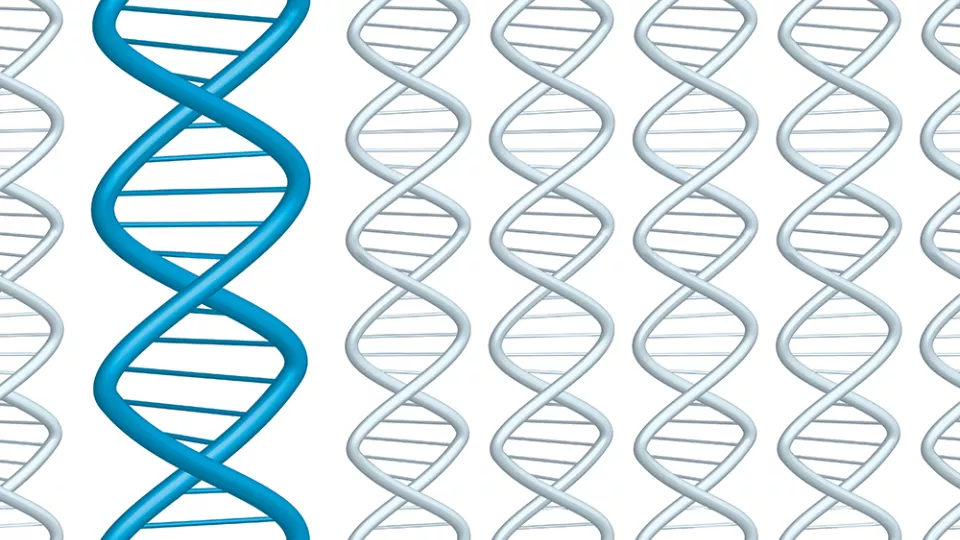Study sheds light on the darker parts of our genetic heritage

More than half of our genome consists of transposons, DNA sequences that are reminiscent of ancient, extinct viruses. Transposons are normally silenced by a process known as DNA methylation, but their activation can lead to serious diseases. Very little is known about transposons but researchers in an international collaboration project have now succeeded for the first time in studying what happens when DNA methylation is lost in human cells. These findings provide new insight into how changes in DNA methylation contribute to diseases.